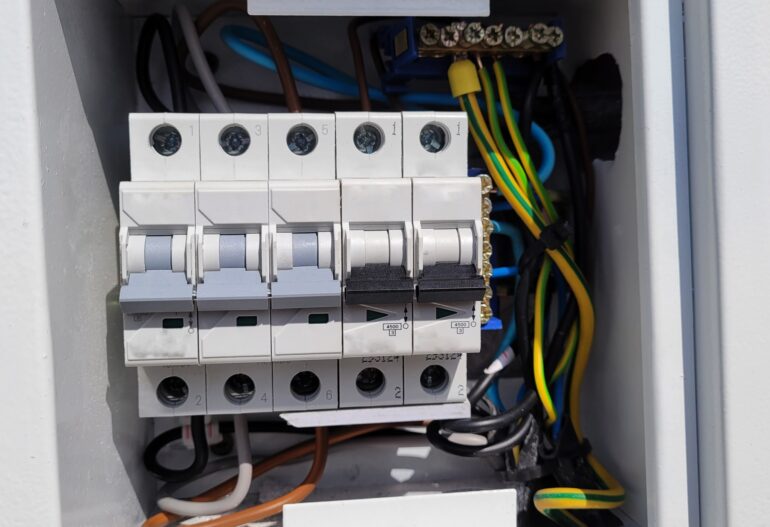Low voltage wire vs regular wire: what is the difference between them?
Despite its versatile uses in the commercial and residential property, low voltage wire is different and has the distinct feature that can differ from the regular wire.
When we are talking about the networking system, two wires always stand out: Low voltage wire and regular wire.
Through this blog, we’ll highlight the key difference between low voltage wire and regular wire. Let’s dive into it!
Low Voltage Wire Vs Regular Wire
In the previous blog, we have discussed the applications, advantages and limitations of low voltage wires and regular wires. In this part, we explain their differences with each other.
It may help you to understand which wire is truly applicable for your networking system.
However, we first take a look at the definition of low voltage wire and regular wire.
What is Low Voltage Wire?
Low-voltage wire refers to electrical wiring designed to carry lower levels of electrical current typically below 50 volts. It is commonly used in various applications such as telecommunications, data networking, home automation, and audio-visual systems, providing a safer and more flexible option for transmitting power and signals over short distances.
What is Regular Wire?
Regular wire refers to conventional electrical wiring commonly used in various applications, including residential, commercial, and industrial settings. It typically consists of conductive metal strands encased in insulation material, serving to carry electrical currents for powering devices, lighting fixtures, and other electrical components within a specified voltage range.
The Difference between Low Voltage Wire Vs Regular Wire
Here are the main three aspects that we highlighted to point out the difference between Low Voltage Wire Vs Regular Wire.
- Voltage Rate
The primary discrepancy between low voltage and regular wire lies in their voltage ratings. Low voltage wire is specifically designed for systems operating under 50 volts, offering enhanced safety and efficiency. In contrast, regular wire is intended for standard voltage levels, typically ranging from 120 to 240 volts.
- Safety Features
Low voltage wire inherently provides heightened safety with its lower voltage levels, mitigating electrical hazard risks. This contrasts sharply with regular wire systems, particularly those at higher voltages, which demand rigorous safety protocols throughout installation and operation. The reduced voltage of low voltage wire significantly minimizes potential dangers, ensuring safer networking environments.
- Versatility Aspect
Low-voltage wire offers adaptability for targeted networking needs, excelling in areas like data transmission and home automation. In contrast, regular wire is primarily suited for high-voltage scenarios, backup power systems, and industrial networking setups due to its durability and capacity for handling higher voltages.
Low Voltage Wire Vs Regular Wire: Factors to Consider When Choosing Between Them
When deciding between low-voltage and regular wire for networking projects, consider these factors:
- Networking Needs:
Assess the voltage requirements of your equipment to determine the suitable wire type. Ensuring compatibility with specific voltage requirements is crucial for optimal performance and safety in your networking setup.
- Compliance:
It’s essential to adhere strictly to local building codes and regulations when installing wiring to guarantee both safety and legal compliance. Failure to do so could result in serious consequences and liabilities.
- Future Expansion:
When planning for network upgrades, opt for wire that offers scalability and can support increased bandwidth or additional devices. This proactive approach saves time and resources by minimizing the need for rewiring or infrastructure modifications in the future.
Final Words
In conclusion, selecting between low-voltage wire and regular wire for networking hinges on project needs, safety, budget, and future plans. Grasping the variances between these wire types aids in informed decisions for safe, efficient, and effective installations.
If you’re ready to start your networking journey, Infinite Network is here to provide expert guidance. As your trusted partner, contact IAC Electricals to ensure seamless network installations. Your flawless connectivity is our priority!






